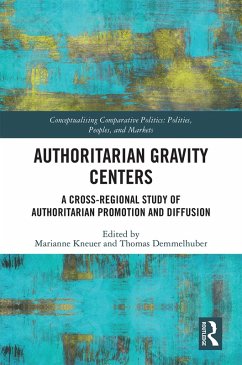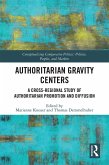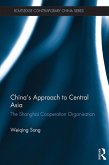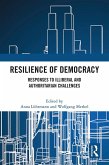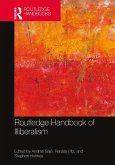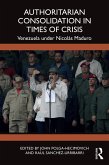Employing a cross-regional approach, leading experts empirically test the concept of authoritarian gravity centers (AGCs), defined as "regimes that constitute a force of attraction and contagion for countries in geopolitical proximity." With an analysis extending across Latin America, the Middle East, Eastern Europe, Central Asia, and Asia, these AGCs are shown to be effective as active promoters (push) or as neutral sources of attraction (pull). The authors contend that the influence of exogenous factors, along with international and regional contexts for the transformation of regime types, is vital to understanding and analyzing the transmission of autocratic institutional settings, ideas, norms, procedures, and practices, thus explaining the regional clustering of autocracies. It is the regional context in which external actors can influence authoritarian processes most effectively.
Authoritarian Gravity Centers is a vibrant and comprehensive contribution to the growing field of autocratization, which will be of great interest to undergraduate and postgraduate students of comparative area studies, illiberalism, international politics, and studies of democracy.
Dieser Download kann aus rechtlichen Gründen nur mit Rechnungsadresse in A, B, BG, CY, CZ, D, DK, EW, E, FIN, F, GR, HR, H, IRL, I, LT, L, LR, M, NL, PL, P, R, S, SLO, SK ausgeliefert werden.
Kurt Weyland, Mike Hogg Professor in Liberal Arts, University of Texas at Austin
"Based on painstaking research in different regions of the world, this thought-provoking set of studies provides new explanations for the regional clustering of autocracies."
Marlies Glassius, Professor of International Relations, University of Amsterdam

